Dredging is a common practice in bridge foundation work, which, if not done correctly, can disrupt ecosystems in our areas. We employ proper techniques to minimize its impact.
We are dedicated to environmental protection, integrating sustainable practices into our projects to minimize our ecological footprint and preserve the natural resources for future generations.
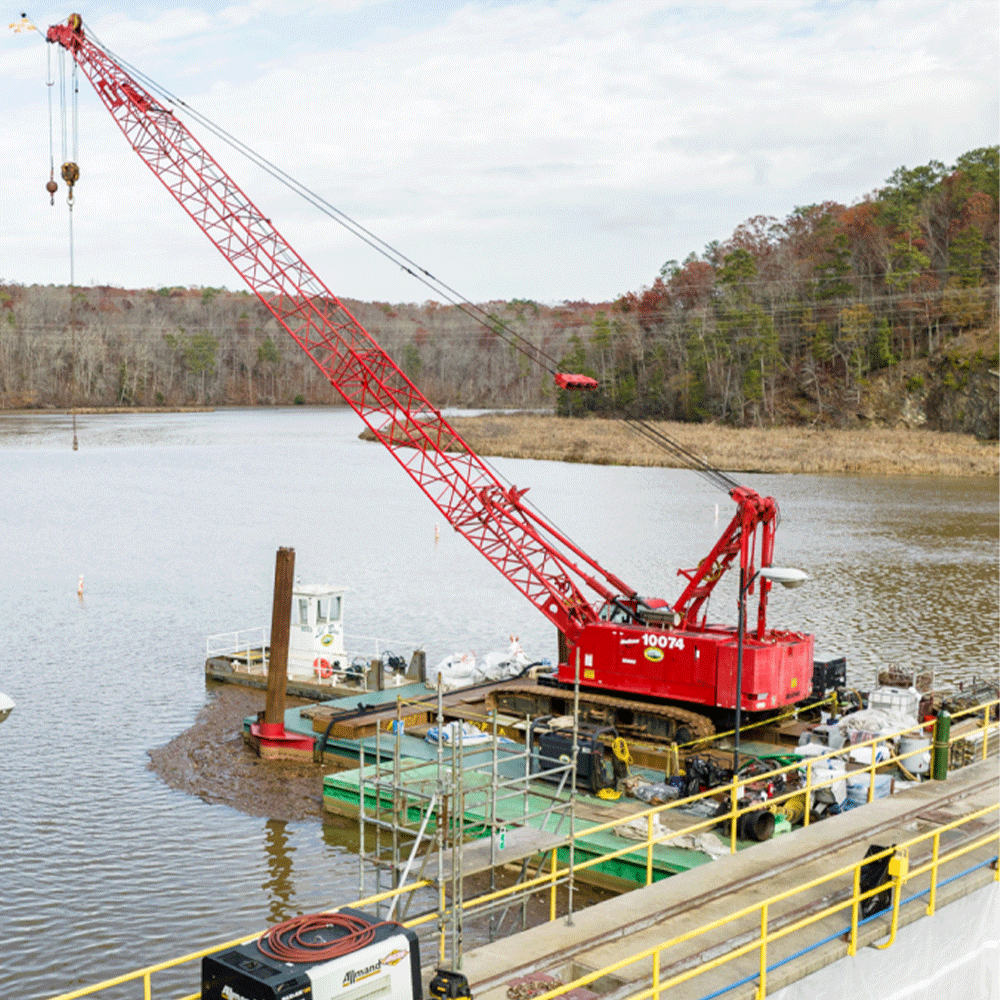
At Scott Bridge Company, we build every structure with the intention of serving future generations. It only makes sense then that we should protect the natural habitats surrounding them with the same forward-thinking approach.
Our efforts to build responsibly have strengthened relationships with environmental and regulatory agencies in multiple states, which has helped to push our industry as a whole in a more sustainable direction. Our commitment to protecting the rivers, lakes, and natural areas where we work has led to greater understanding of the ecosystems that we as humans are part of. While there is room still for improvement, we’re proud of the role we continue to play in preserving our region.
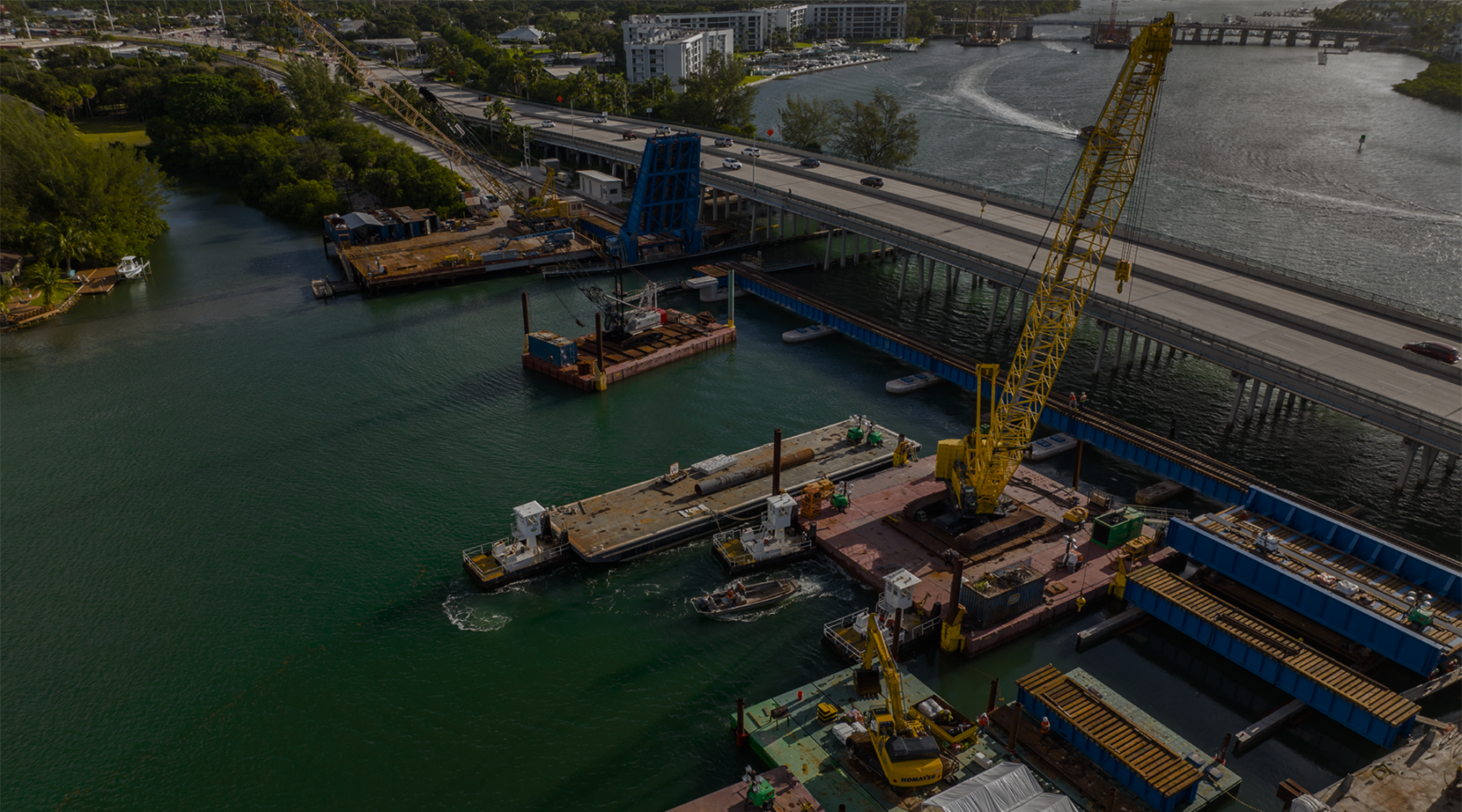
Partnerships with environmental agencies like river keepers associations, Corps of Engineers, fish and wildlife, and endangered species agencies have improved our ability to protect the ecosystems in which we work. Our efforts have not gone unnoticed. And while our work is only getting started, recognition from these agencies is a sign we’re moving in the right direction.
One of our first steps on any project is to connect with local environmental agencies and regulatory groups. We rely on the expertise of these groups to help instruct our efforts to protect and preserve local ecosystems and natural habitats.
SBC teams stay busy engineering and building structures throughout the Southeast, but we make time to support our communities in other ways, too.
See ArticlesOur work in marine and other natural environments often places us in close proximity to plants and animals listed as endangered species. Working closely with experts from environmental agencies, our field and management teams at Scott Bridge Company have developed construction standards to help protect the environments we share with these important species.
Freshwater clams act as a natural water filtration system for rivers throughout the Southeast. Feeding mostly on particles they collect from the water, a single clam can filter gallons of water each day.
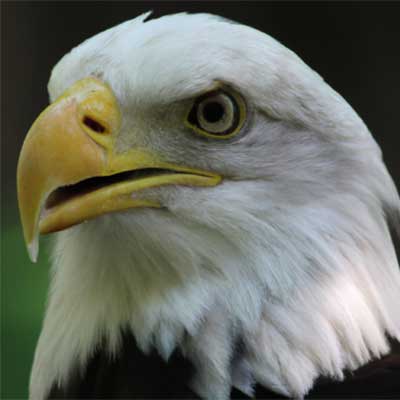 Bald Eagle
North Georgia
Bald Eagle
North Georgia 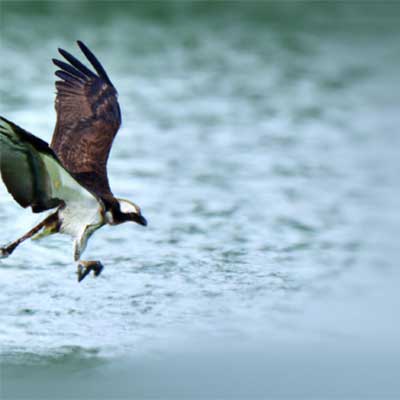 Osprey
North Georgia
Osprey
North Georgia 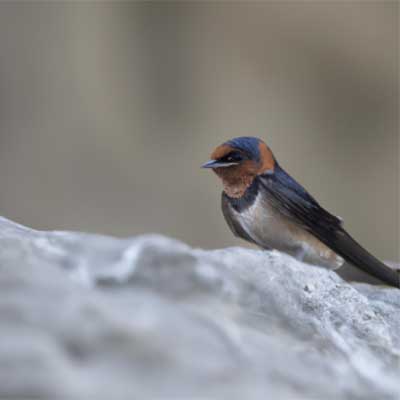 Cliff Swallow
North Georgia
Cliff Swallow
North Georgia 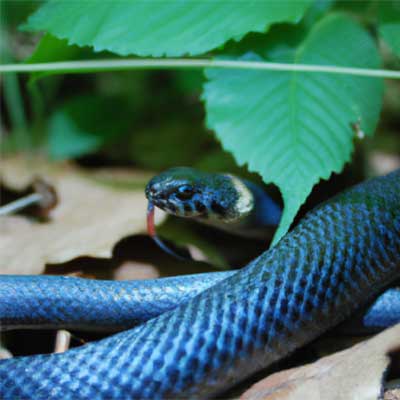 Indigo Snake
Georgia Coast
Indigo Snake
Georgia Coast 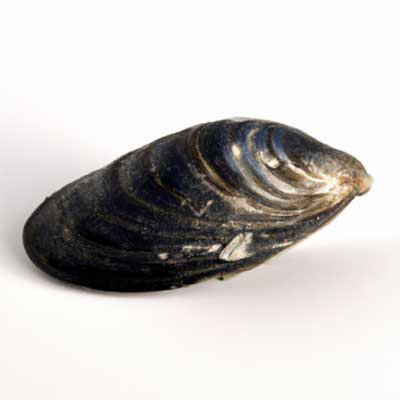 Altamaha Spinymussel
Georgia Coast
Altamaha Spinymussel
Georgia Coast 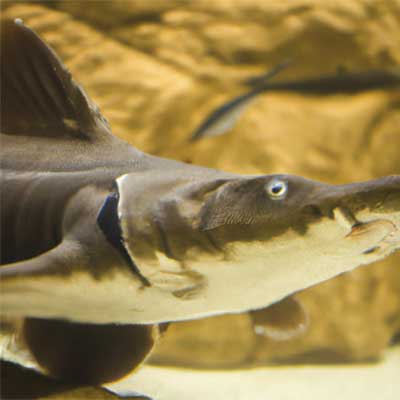 Shortnose Sturgeon
Georgia Coast
Shortnose Sturgeon
Georgia Coast 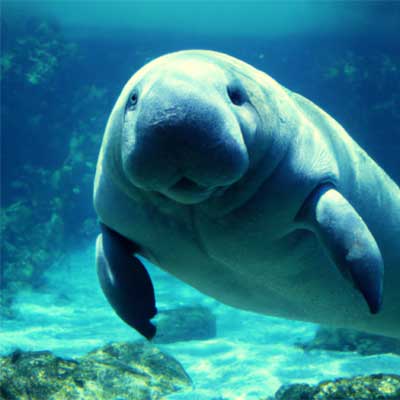 West Indian Manatee
Georgia Coast
West Indian Manatee
Georgia Coast 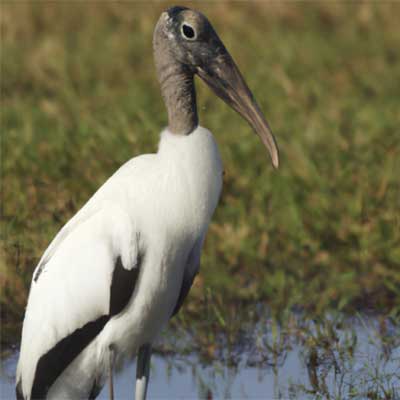 Wood Stork
Georgia Coast
Wood Stork
Georgia Coast  Bottlenose Dolphin
Georgia Coast
Bottlenose Dolphin
Georgia Coast Freshwater clams act as a natural water filtration system for rivers throughout the Southeast. Feeding mostly on particles they collect from the water, a single clam can filter gallons of water each day.
At Scott Bridge Company, we implement numerous safeguards and operational practices as part of our standard environmental protection program. We also rely heavily on local experts and environmental agencies to inform our operations.
When possible, we recycle and repurpose construction materials like concrete and stone to reduce material waste. Our ability to do so is determined by additional project requirements for safety, structural integrity, and costs.
We implement a number of measures to restrict fuel emissions, starting with using certified low-emissions equipment. We also measure and manage idle time, use alternative fuel options, and optimize our equipment with regular maintenance and tuning.
Scott Bridge Company supports numerous environmental organizations through donation and sponsorship opportunities. We value the essential knowledge and support they provide for our field crews throughout the Southeast.
Scott Bridge Company has been recognized for its environmental efforts by agencies and associations including the Wildlife Federation, the American Council of Engineering, the Georgia Water Coalition, and more. Our company has been the first representative of the construction industry to earn environmental awards in many areas.